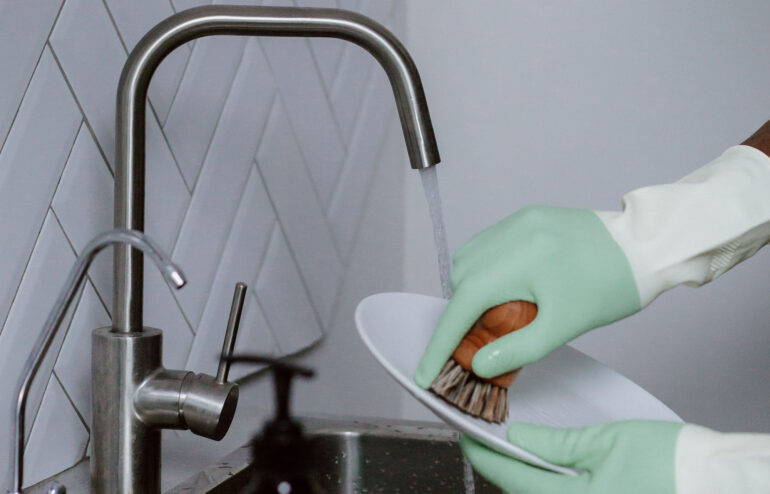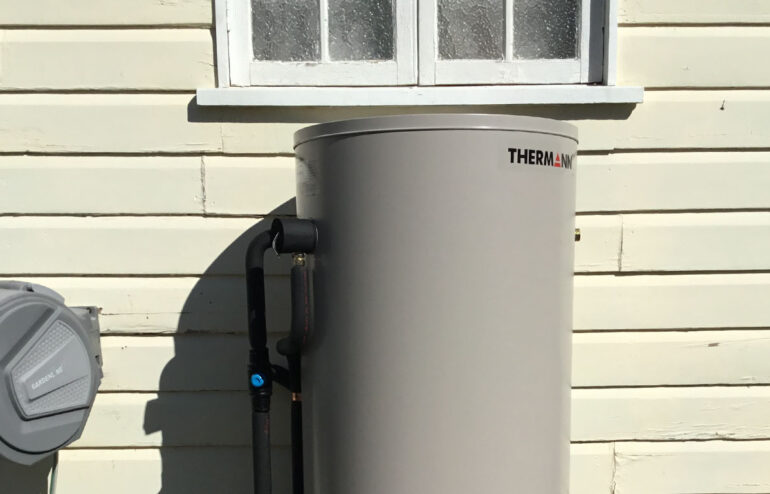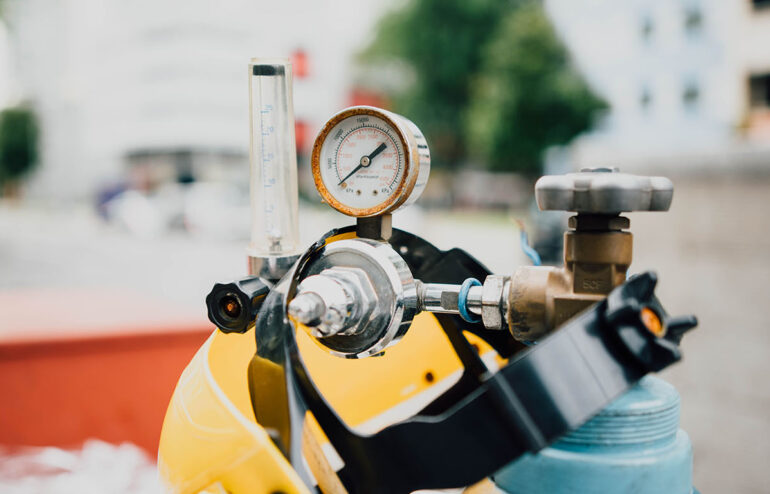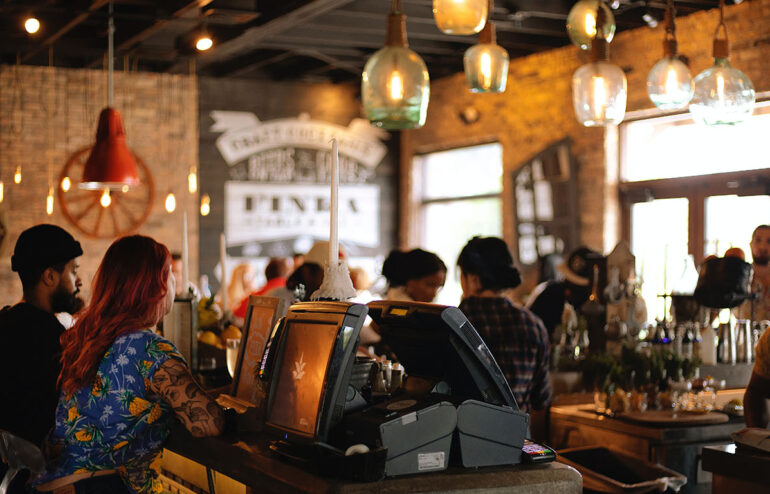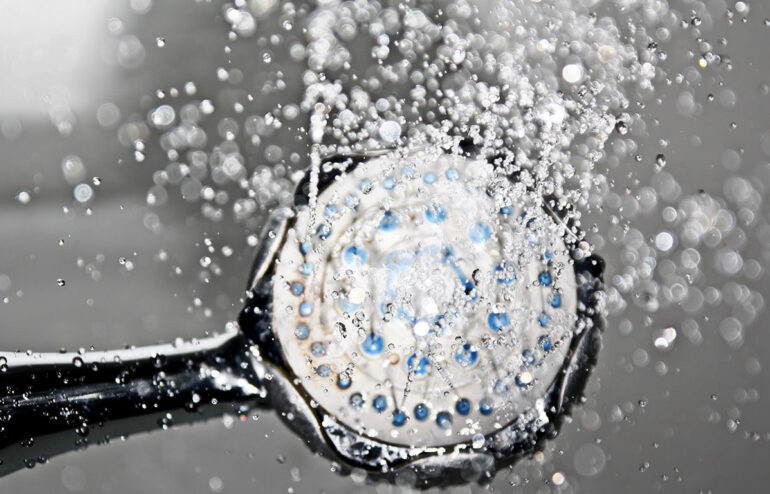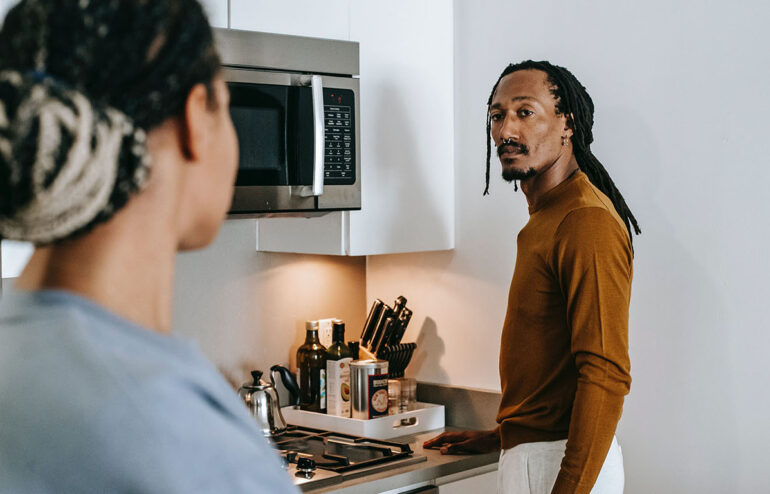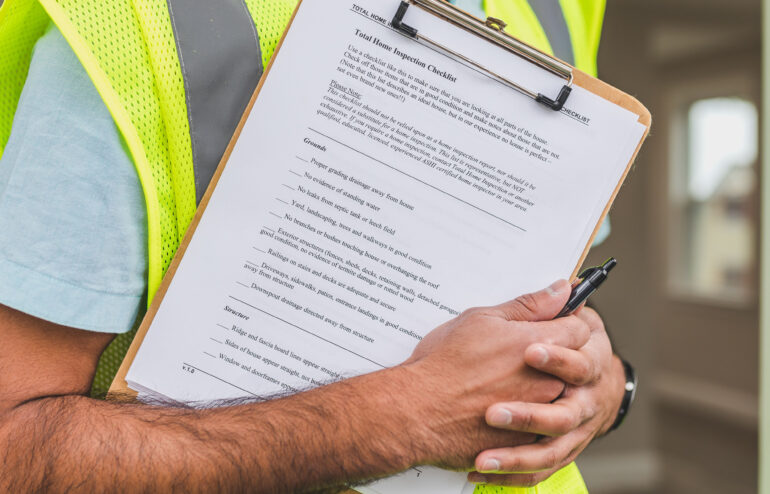Water is a precious resource that sustains life and ecosystems alike. In the picturesque Noosa Shire region of Australia, where stunning beaches meet lush hinterlands, water conservation is not just a responsibility; it’s a necessity. As the region faces the challenges of a dry season, it’s crucial that residents and businesses alike take proactive steps to save water. In this blog post, we’ll explore some practical tips to help you conserve water and make a positive impact on Noosa Shire’s water resources, from a plumber’s perspective.
-
-
Fix Leaks Promptly:
-
Leaky faucets, pipes, and toilets can waste significant amounts of water over time. A dripping faucet may seem minor, but it can add up to thousands of liters of wasted water annually. Regularly inspect your plumbing and promptly fix any leaks you discover.
-
-
Upgrade to Water-Efficient Appliances:
-
Consider replacing old, water-guzzling appliances like washing machines and dishwashers with energy-efficient models. Look for appliances with a high Water Efficiency Labelling and Standards (WELS) rating, which indicates their water-saving capabilities.
-
-
Install Low-Flow Fixtures:
-
Installing low-flow faucets and showerheads can dramatically reduce your water consumption without sacrificing water pressure. These fixtures use less water per minute while maintaining a satisfying flow.
-
-
Capture Rainwater:
-
Harnessing rainwater is an excellent way to reduce your reliance on municipal water supplies. Install rain tanks or tanks to collect rainwater from your roof, which can then be used for gardening and outdoor chores.
-
-
Mulch Your Garden:
-
Applying a layer of mulch to your garden beds helps retain soil moisture, reducing the need for frequent watering. Additionally, consider planting drought-resistant native plants that require less water to thrive in Noosa’s climate.
-
-
Water Wisely:
-
When watering your garden, do it early in the morning or late in the evening to minimize evaporation. Use a soaker hose or a drip irrigation system to target the root zones of your plants and avoid wasteful overhead watering.
-
-
Implement Smart Landscaping:
-
Design your outdoor space with water conservation in mind. Group plants with similar water needs together and create mulch-covered pathways to reduce the amount of turf that requires watering.
-
-
Use a Pool Cover:
-
If you have a swimming pool, invest in a pool cover. This simple addition can significantly reduce water evaporation, helping you save water and reduce chemical use.
-
-
Collect and Reuse Greywater:
-
Greywater, which is wastewater from sinks, showers, and washing machines, can be recycled for use in your garden. Implement a greywater recycling system to reduce your dependence on potable water for irrigation.
Conserving water in the Noosa Shire region is not just a personal responsibility; it’s a collective effort to protect the environment and ensure a sustainable future for all. By implementing these practical tips and adopting a water-conscious mindset, we can contribute to the well-being of our community, preserve our stunning natural surroundings, and ensure that Noosa Shire remains a place of beauty and abundance for generations to come.

